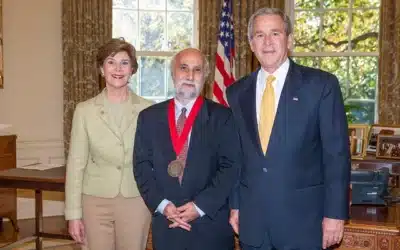In July, just a few miles from my home in St. Paul, Minn., Philando Castile was fatally shot by a police officer, Jeronimo Yanez, during a traffic stop.
A horrified nation watched Castile’s death play out live on Facebook, as his girlfriend had the presence of mind to livestream and narrate the final moments of his life. Soon after, we learned Castile was a beloved cafeteria manager at an elementary school. He had no criminal record, and his only previous interactions with police were the endless harassment he was subject to thanks to abusive policing for profit.
Yesterday, we found out Officer Yanez will face criminal charges for his actions, specifically, second-degree manslaughter and two felony counts of dangerous discharge of a firearm.
Though it’s too soon so say how this trial will go, just the fact that it is happening is great news. I’m glad to see my city providing a better (though certainly not perfect) model of dealing with police misconduct.
And that model is badly needed, because far too many police killing cases simply dissolve into nothing. No charges are ever brought or real accountability ever offered. Those few officers who are charged are almost never convicted — just look at what happened with Freddie Gray in Baltimore or, so far, Eric Garner in Staten Island.
The cops who killed these men walked away scot-free.
Read the rest of The charges against Philando Castile’s killer are a model of police accountability done right at Rare.































